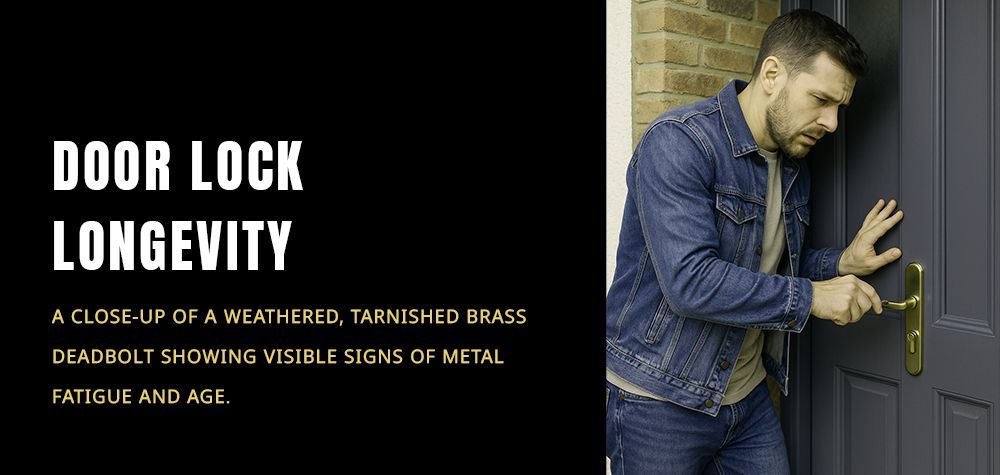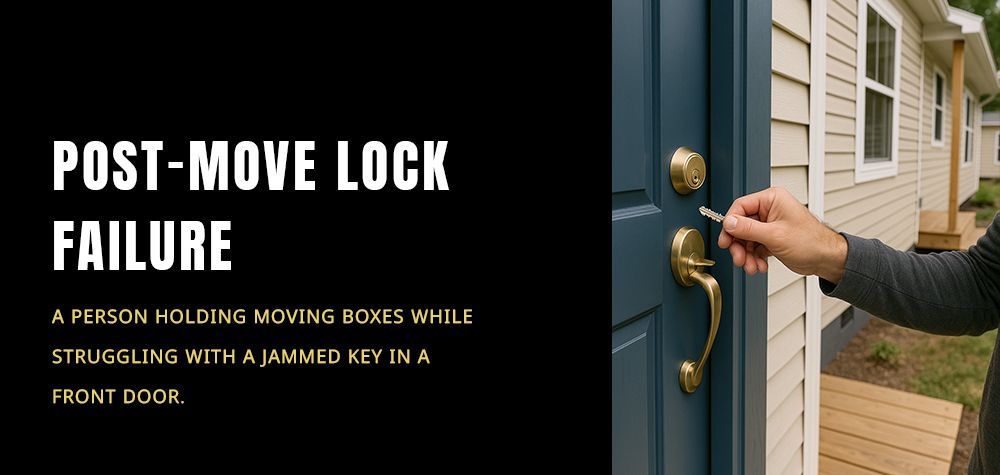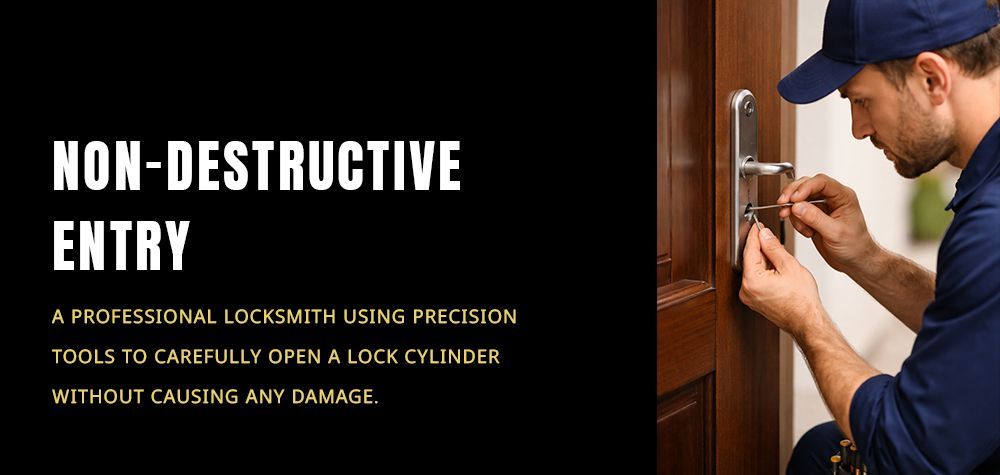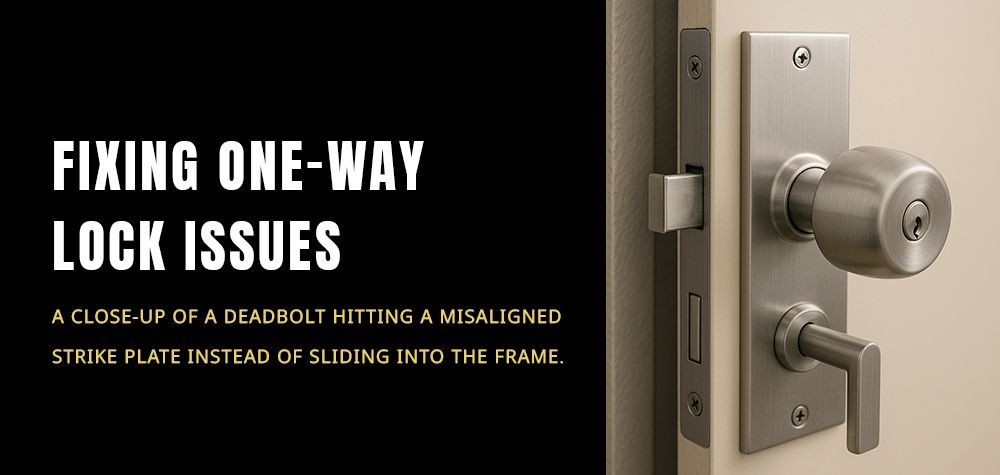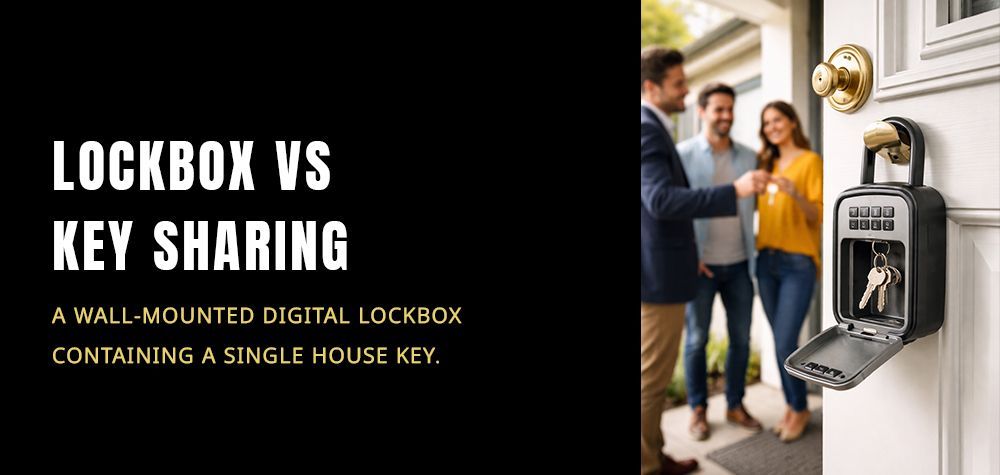Pros and Cons of Patented Keys and Locks
In an age where security is paramount, the choice of locks and keys goes beyond mere functionality—it's about peace of mind. Patented keys and locks have emerged as a sophisticated solution, offering more than just basic security. They represent a tailored approach to safeguarding homes and businesses alike, leveraging innovative designs and stringent key control measures. Join us as we explore the nuanced world of patented keys and locks, uncovering their benefits, potential drawbacks, and everything in between. Whether you're considering an upgrade or simply curious about the future of security, this guide will illuminate the path ahead.
Read more about Types of locks and their application!
What are Patented Keys and Locks?
Patented keys and locks represent a cutting-edge approach to security, distinguished by their unique design and advanced key control measures. Unlike traditional locks, which often feature standard keyways and readily available key blanks, patented locks are engineered with proprietary mechanisms. These mechanisms are protected by patents, ensuring that only authorized manufacturers and locksmiths can produce and duplicate their corresponding keys.
Pros of Patented Keys and Locks
- Enhanced Security: Unique designs make unauthorized key duplication extremely difficult.
- Key Control: Only authorized dealers or locksmiths can duplicate patented keys.
- Customization: Locks can be tailored to meet specific security requirements.
- Legal Protection: Patents prevent the manufacturing and sale of unauthorized key copies.
- Long-term Security: Patented locks are typically designed with advanced technology, ensuring longevity and reliability.
Cons of Patented Keys and Locks
- Higher Cost: Patented locks and keys are more expensive than standard options.
- Limited Availability: Finding locksmiths or dealers who can service patented locks may be challenging.
- Dependence on Manufacturer: Relying on a single manufacturer for key duplication and lock servicing can be inconvenient.
- Potential Delays: Ordering replacement keys or parts can take longer due to restricted manufacturing.
- Compatibility Issues: Patented locks may not be compatible with all existing lock systems.
Applications of Patented Keys and Locks
Patented keys and locks find their applications in both residential and commercial settings, providing enhanced security where it's needed most. For homeowners, these locks offer peace of mind by preventing unauthorized key duplication, making them ideal for securing entrances and sensitive areas. In commercial environments, patented locks are invaluable for maintaining strict access control, protecting confidential information, and safeguarding valuable assets. Additionally, institutions such as hospitals, schools, and government buildings benefit from the high-security features and key control, ensuring that only authorized personnel can access restricted areas.
Considerations Before Choosing Patented Locks
When considering patented locks, it's essential to evaluate several factors to ensure they meet your security needs. First, assess your budget, as patented locks are generally more expensive than standard options. Next, research the availability of authorized locksmiths or dealers in your area who can service these locks and duplicate keys if necessary. Additionally, consider the level of security required for your home or business and whether the advanced features of patented locks align with those needs. It's also important to check the compatibility of patented locks with your existing door hardware and infrastructure. Finally, think about the long-term implications, such as the ease of key replacement and potential dependency on a single manufacturer for maintenance and support.
Conclusion
Patented keys and locks offer a sophisticated solution for enhancing security, providing unparalleled key control and customization options. However, it's crucial to weigh the higher cost, limited availability, and potential dependency on manufacturers against the benefits. Whether securing a home or a commercial property, understanding these pros and cons will help you make an informed decision. With the right considerations, patented locks can offer the peace of mind and protection you seek, ensuring your security needs are met with the highest standards.
Reach out to Brothers Locksmith for lock and keys services!
Call Us Any Time!


